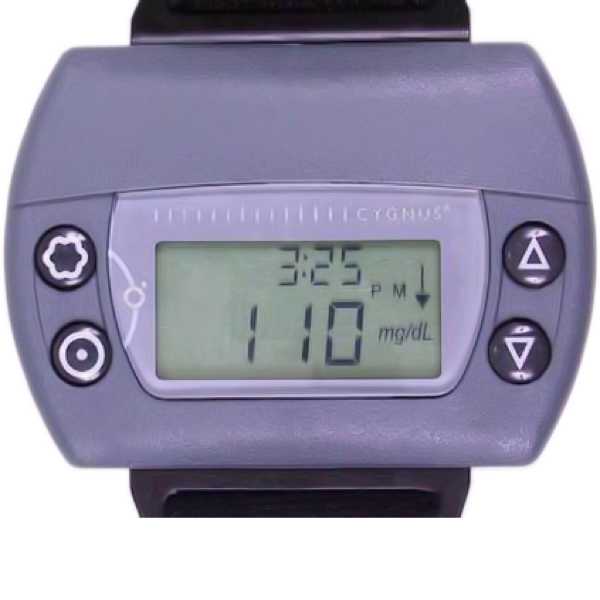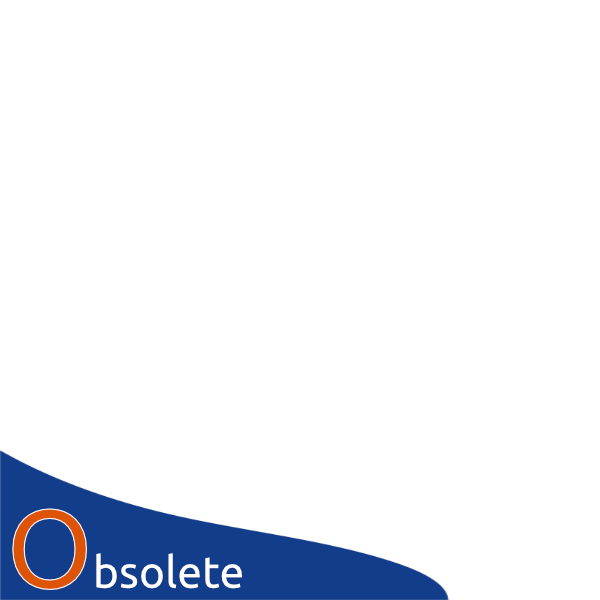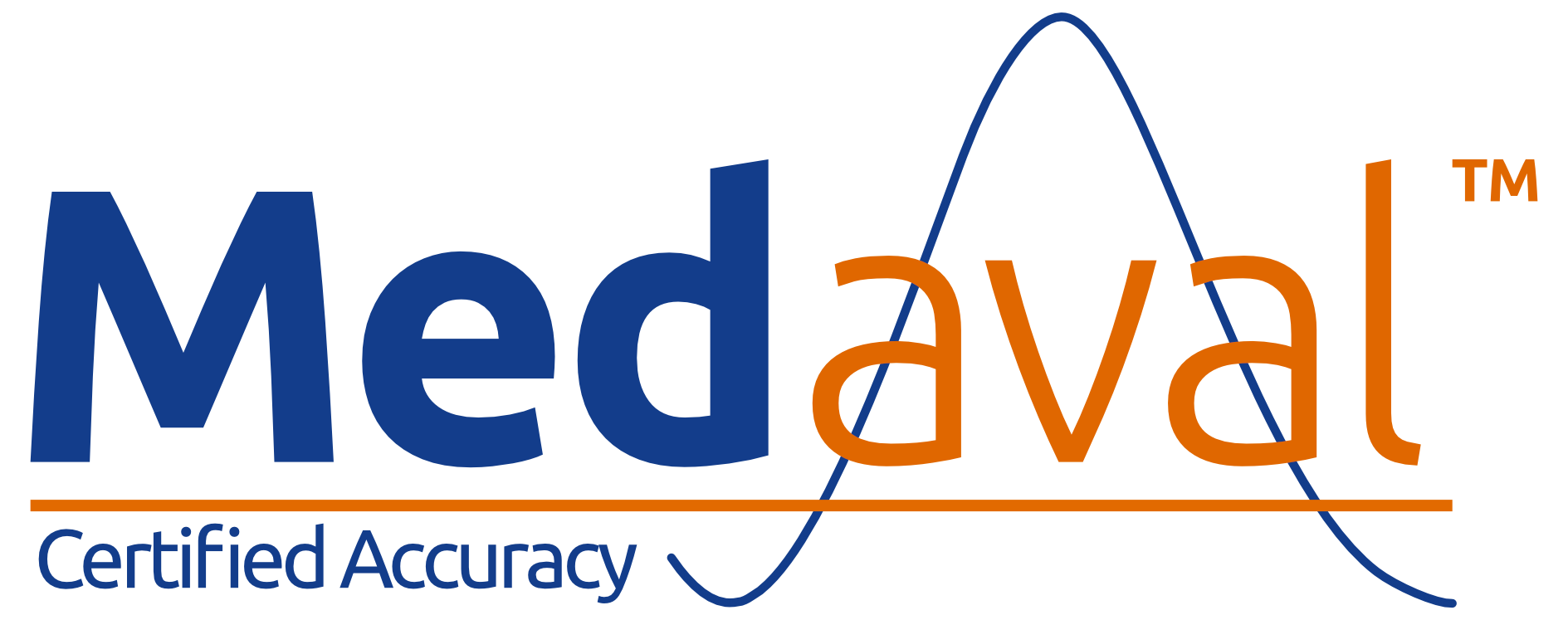

| Accuracy Assessment | Recommendation | Basis | |
| BG | Medaval | None | When an evaluation is carried out using a non-standard protocol, no inference can be made on accuracy based on a standard protocol. |
Diabetes Research in Children Network (DIRECNET) Study Group. The accuracy of the GlucoWatch G2 biographer in children with type 1 diabetes: results of the diabetes research in children network (DirecNet) accuracy study. Diabetes Technol Ther. 2003;5(5):791-800. doi: 10.1089/152091503322526996. PMID: 14633344. Available from: PMC2302793.
Ad Hoc protocol Children and adolescents with T1DM, aged 3.5 to 17.7 years (n=89) (Note: without interference)
Ad Hoc protocol Children and adolescents with T1DM, aged 3.5 to 17.7 years (n=89) (Note: during insulin-induced hypoglycaemia)
Ad Hoc protocol Children and adolescents with T1DM, aged 3.5 to 17.7 years (n=89) (Note: during meal-induced hyperglycaemia)
The authors concluded that, though the sensor accuracy was not as accurate as home BGMs, it may be sufficient for detecting trends.
Tansey MJ, Beck RW, Buckingham BA, Mauras N, Fiallo-Scharer R, Xing D, Killman C, Tamborlane WV, Ruedy KJ; Diabetes Research in Children Network (DirecNet) Study Group. Accuracy of the modified Continuous Glucose Monitoring System (CGMS) sensor in an outpatient setting: results from a diabetes research in children network (DirecNet) study. Diabetes Technol Ther. 2005 Feb;7(1):109-14. doi: 10.1089/dia.2005.7.109. PMID: 15738708. Available from: PMC2254760.
Ad Hoc protocol Children and adolescents with T1DM, aged 12.5±2.8 years (n=191)
The authors concluded that the modified sensor was more accurate than the original sensor and better for hyperglycemia than hypoglycemia.
